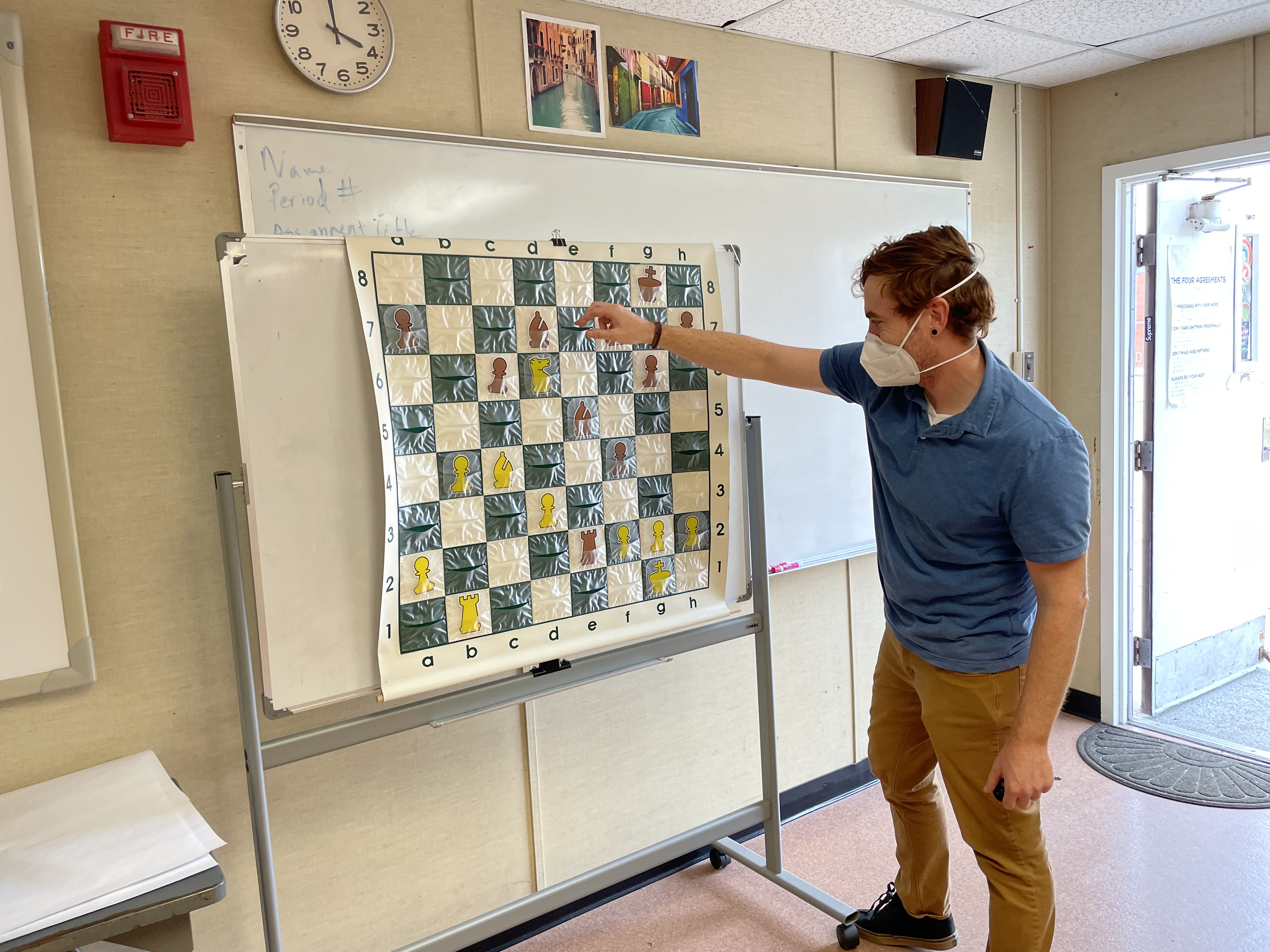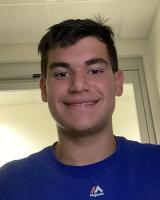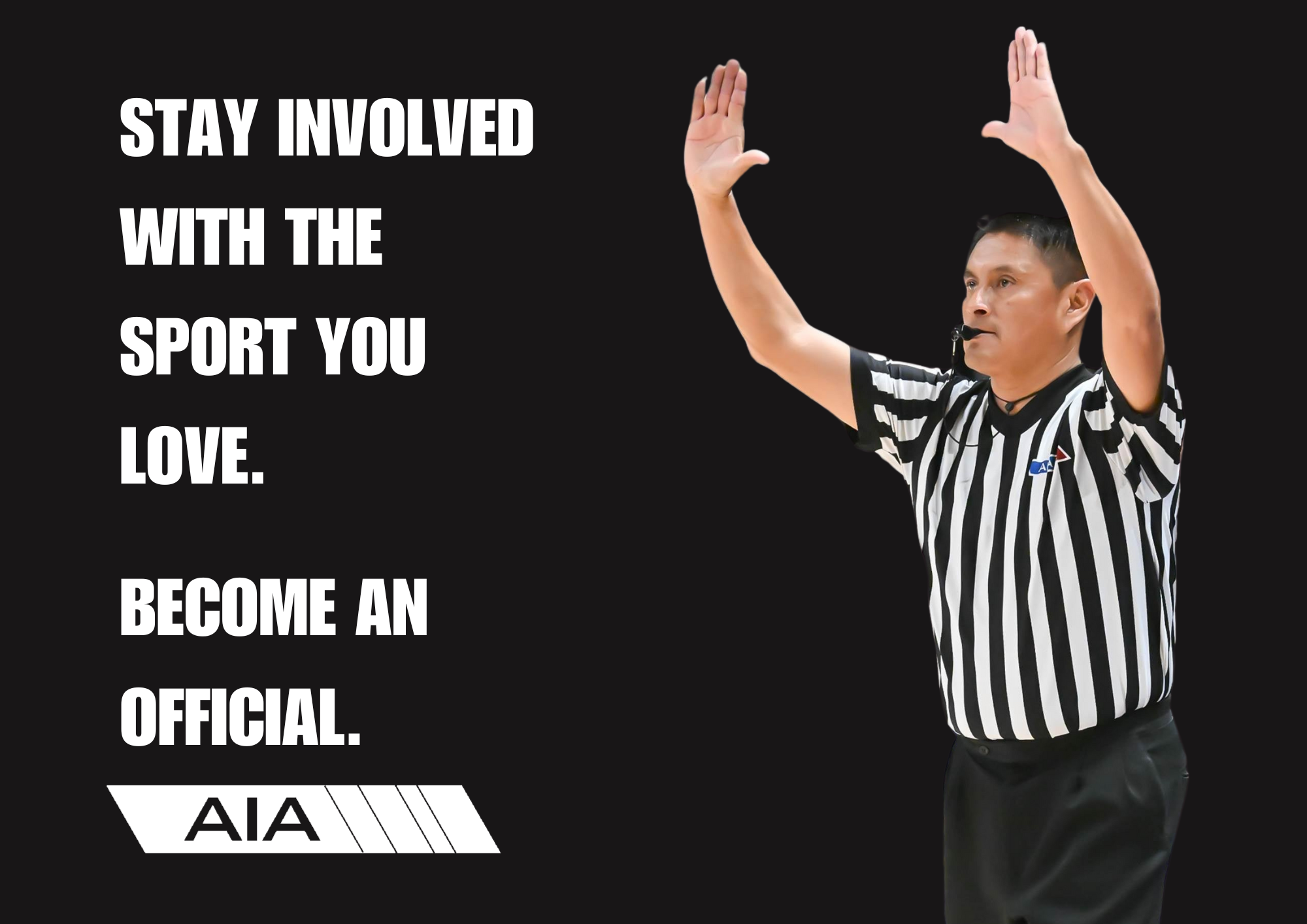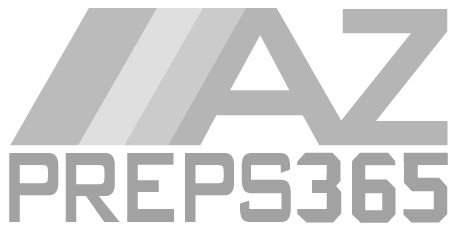Scholars and Mates: Chess clubs across the state bring camaraderie, competition
December 6, 2021 by Ethan Schwager, Arizona State University

Ethan Schwager is an ASU Cronkite School of Journalism student.
Just after 3 p.m. on any given weekday, there is traffic surrounding all sides of the connected Rincon and University High Schools in Tucson. Most students want to get home and have a bit of free time after a long school day. However, on Tuesday afternoons, not all of the traffic is surrounding the campus — some of it is foot traffic to the cafeteria where approximately 30 students walk over to participate in chess club.
Chess has not always been popular at University High School. For years, coaching the program seemed more like a favor being done for the students. That all changed when English teacher Otto Ross took over the program this year.
Ross, who grew up playing chess locally, has built up a structure around the program similar to that of a baseball organization. He has a varsity team that competes at tournaments along with a “farm system” consisting of younger players. The younger players show up in Ross’s classroom at lunch time and at chess club after school to hone their skills in the age-old sport.
Junior Austin Troike has been a member of the school’s varsity team since his freshman year. Troike is currently the second board on the chess team, and he uses his experience to help some of the younger students improve their skills.
“If you’re teaching [the younger players] the openings, you’re also teaching yourself the openings,” Troike said.
The school’s supportive environment is what has propelled the University program to begin its rise to stardom in the Arizona high school chess community.
“We didn’t lose a single match in southern Arizona [this season],” Ross said.
The team’s only loss came against eventual champion BASIS Chandler at the AIA State Team Chess Championships at Apache Junction High School. University finished in third place out of 26 schools.
While the chess club is all about having fun and experimenting with different styles of play, the varsity team is all business. The team members take a van to competitions, where they make last-second adjustments to their game plans in order to be ready for match competition.
One of those preparation methods includes an app called Stockfish. The app is an open-source chess engine that the varsity players use to input their matches and “grade” their own moves.
These preparation methods keep the program successful, but it takes more than just the team members to make the program successful. At University, the administration has helped Ross’s program build a foundation in order to allow the chess team to be as successful as possible.
“We have nothing but love for our kiddos as we’re rebuilding all of our interscholastic programs post-COVID,” University principal Alberto Ranjel said.
When Ross took over as coach of the chess team, the administration was all-in on helping the program however it could.
“Just to get everything jump-started financially, we bought shirts for the varsity team for their competitions this year,” Ranjel said. “But more than anything else, we have an environment where [the chess team] can learn, where they can play, [where] they have the supplies they need and they have resources they need when they have to travel and compete.”
Four hours north of Tucson sits another ascending chess powerhouse, Northland Prep Academy. The Flagstaff public charter school finished fourth at the AIA State Team Chess Championship, and the program’s future looks bright.
“We’re pretty excited about the rapid rise we’ve had [as a program],” Northland Prep chess coach Nihal Sarikaya said.
Sarikaya coaches the program alongside her husband, Terry Werner. Together, they find that winning chess matches starts from building a foundation. The foundation is built through recruiting.
“The best method is the students themselves recruiting friends,” Sarikaya said. “We play with [those new recruits] to see where they are, and we try to encourage them to compete.”
The school also holds a club rush event and hosts the Northland Prep showcase, an event in which prospective students and their families attend to learn more about the school.
The students who end up joining the chess team find themselves as part of a new family. The team competes in a geographically spread-out Region I, which means the team often spends days on the road and nights in hotel rooms during the AIA chess season.
“Region I is very expansive,” Sarikaya said. “We travel and we all have to stay at hotels for one night.”
Sarikaya and Werner are both paid a stipend to coach the Northland Prep team. Every single penny is reinvested into the program, Sarikaya said. Whether it is hotels, buses or meals, the coaches make sure the students can focus their energy on being their best at the board.
Preparation methods at Northland Prep revolve around the team having fun. Bus rides involve the students singing lots of music, such as “All Star” by Smash Mouth, and “American Pie” by Don McLean, during their long hours on the road.
Long bus rides and overnight trips aren’t unique to high school chess in Arizona. There is a range of diversity in the sport that allows players from all different backgrounds to compete.
“You have a huge range of different communities that participate and bring teams from all over [to tournaments],” AIA state chess secretary Jeff Semmens said. “[Chess] is very representative of the state as a whole, because at [statewide tournaments], you pretty much have people representing every part of our state.”
At the AIA State Team Chess Championships on Nov. 6-7 at Apache Junction, both University and Northland Prep made long trips to the tournament. The longest bus ride, however, belonged to the Tuba City High School team, which traveled more than 250 miles to compete.
“Every single meet, [Tuba City] has to drive hours,” Semmens said. “So they’re obviously dedicated.”
Dedication is what leads each school’s program to fulfilling its goals. In Tucson, it is the dedication to having fun that helps build Otto Ross’ program at University High School.
The University students love to change things up now and then, playing different variants of chess. Bughouse, a common variant of chess, involves four players. The objective of the game is for teammates to pair up and give their partner the pieces that they take from their opponent.
Other variants played at University’s chess club include circular chess and cheskers. Circular chess is a game that involves imaginary spaces where players can move their pieces off of the game board. In the center of the University cafeteria on a recent afternoon, freshmen Marshall Haun and Debangshu Pramanik could be found playing cheskers. This game is one that Haun claims is his own, but is actually a variant that has existed since 1948, played mostly with pawns and kings.
Ross, their coach, finds himself hovering over the game of cheskers wondering how the variant is even played. He tries to move a piece on the board, and is interrupted by Haun.
“Mr. Ross, why did you interfere?” Haun asked. Ross explained that he did not understand how the game was being played.
“I really want to see what would happen if [chess] grandmasters played cheskers,” Haun said.
In Flagstaff Sarikaya believes that letting her Northland Prep team practice with variants of chess is vital to helping them succeed.
“We let them experiment,” Sarikaya said. “What we teach them is that there are going to be more failures than success. And we improve with, and learn from, our failures.”
Every accomplishment for Sarikaya’s team is a product of individual goals being met.
“We don’t set goals for them,” Sarikaya said. “We let each individual set their own [goals]. If they want to learn a particular opening, we’ll learn it with them. And we’ll go over it with them. We try to address their interests so that we keep them motivated.”
The sport has been around longer than any other varsity competition these schools compete in, but that doesn’t mean that interest has regressed.
Ross says that he has been able to use popular culture to persuade students to join his team at University. He put up flyers inspired by the hit Netflix series “The Queen’s Gambit” to recruit students to his chess team.
While other students may be focused on touchdowns and Friday night lights, some of the best competitors in the state are motivated by checkmates on Saturday mornings in a high school cafeteria or gymnasium.
The chess teams put in as much preparation and hard work as any varsity athlete in the state does, and every checkmate feels just as satisfying as a game-winning touchdown.


